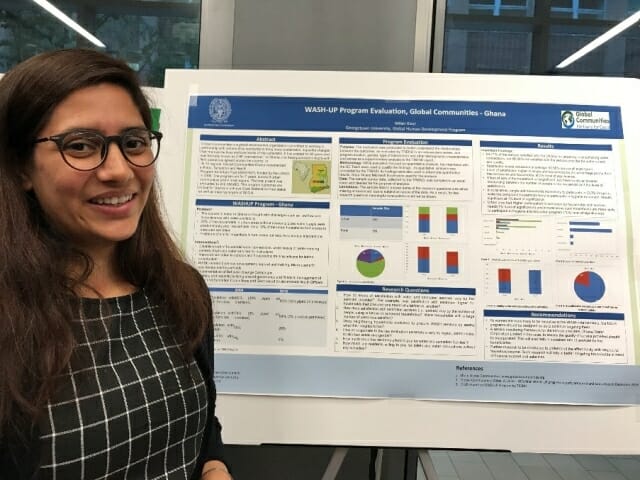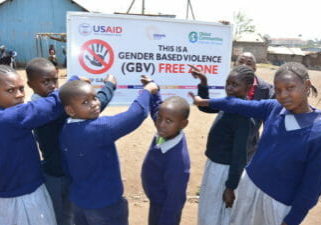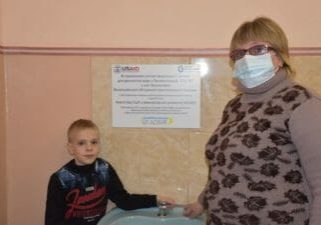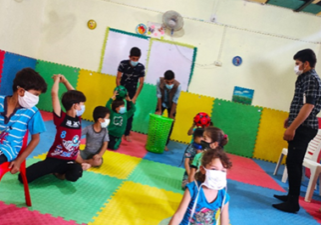News > Blog
VIP: Milan Bala, Accra, Ghana, Factors Impacting the Effectiveness of Program Interventions
Published 01/10/2018 by globalcommunities

VIP: Milan Bala, Accra, Ghana, Factors Impacting the Effectiveness of Program Interventions
24 May-28 July 2017
Access to water and sanitation are still serious challenges in Ghana, where 25% of urban households live without access to piped water and only 18% have access to adequate sanitation. The situation is similar in rural areas.
Global Communities WASHUP program funded by USAID has worked since 2009 across nine urban communities and four rural regions. Interventions include establishing household water connections, constructing latrines, conducting training, capacity building and Behavior Change Campaigns. Outcomes of these activities are critical for Ghana to achieve Open Defecation Free (ODF) status and to meet other targets. To better understand the relationship between the outcomes and beneficiary characteristics, Global Communities engaged a local evaluation firm, TREND, to collect data and answer a series of research questions. To help analyze the data, a scope of work for an internship assignment was formulated and caught the interest of Milan Bala, a Masters candidate of the Global Human Development program at Georgetown University.
When planning her summer internship in Ghana, Milan hoped to learn how context driven solutions are incorporated into the overall program design and what the critical factors are that impact field implementation. Milan conducted additional analysis of various data-sets gathered by TREND but left by them for further analysis, and formulated findings which enhance or add on to research results.
Among Milan’s key findings: urban areas had higher participation in sanitation by women-headed households (1% level of significance) and in rural areas such households were more likely to participate in Hygiene and Educational programs (10% level of significance). “The role of women in promoting sanitation in the community is so critical that few WASH interventions in Ghana have been successful without the leadership of local women” says Milan. “Similarly, the data demonstrated that the significantly higher and marked participation of women compared to that of men. In addition, women were also more likely to continue using the services as well as encourage others in the community to avail of WASHUP services.”
Milan’s recommendation: “As women are more likely to be receptive to the WASH interventions, the programs should be designed so as to continue targeting them.”






